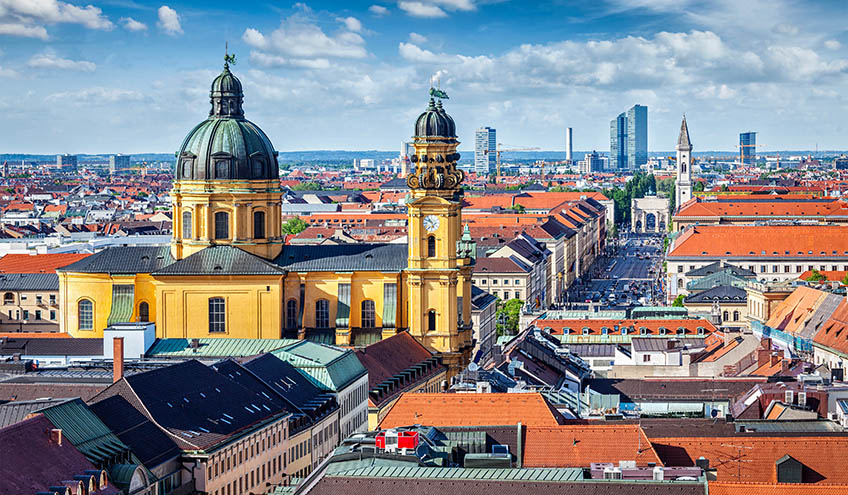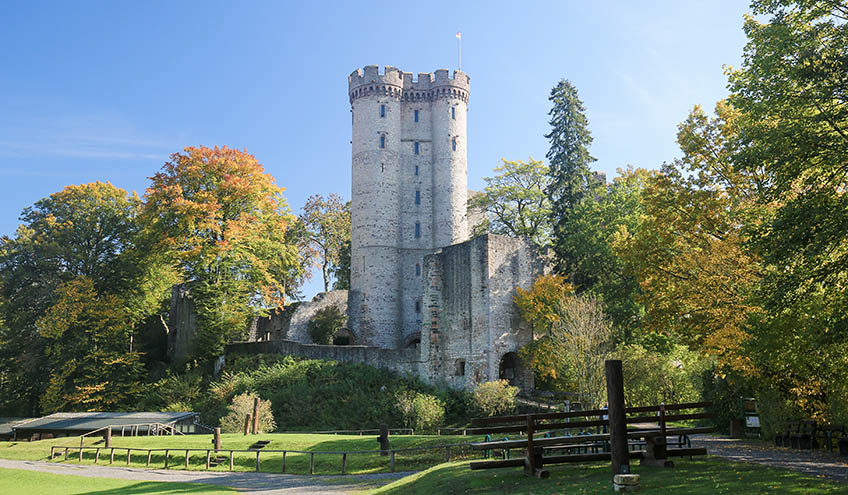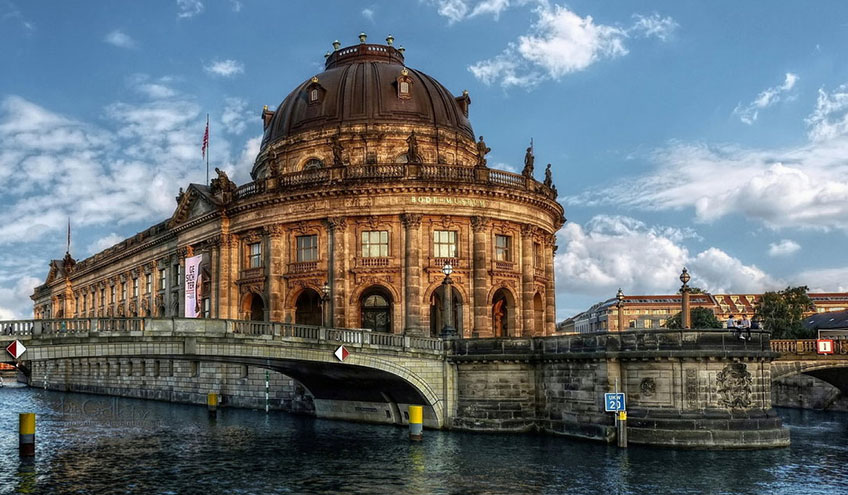search & explore Germany
Germany
Destination Guide
The Ultimate Guide Before You Plan for your Next Trip
One of the world’s prominent economic powers, Germany has a dynamic urban landscape and each city is alive with a spirit that is unique to the region it lies in. The towns are equally intriguing, steeped deep in history; some have been inhabited since the medieval ages and some date back to Roman times. Although known primarily for their beers and cars, Germans also have world-class science and research facilities. From Baltic Sea coast to Middle Rhine Valley and Bavarian Alps to Black Forest, you will find diversity across Germany.
Attractions in Germany
Neuschwanstein Castle
Rhineland-Palatinate
Altes Rathaus, Bamberg
Rugen
North Sea islands
German food is appreciated for its tasteful meat roasts, mouthwatering stews and mellow desserts. In the afternoon, going out for Kaffee und Kuchen (coffee and cakes) is common in Germany and you will find cafes in every city, town and village. For a remarkably-tuned palate, here is a list of the finest restaurants in Germany: Kellerrestaurant im Brecht-Haus, Berlin: This restaurant serves delicious fleischlaberl (spicy meat patties) and scrumptious Wiener Schnitzel. In summers, you can dine outdoors in the splendid garden. Altes Hackerhaus, Munich Innenstadt: This esteemed old tavern is the best to relish typical Bavarian cuisine like calves’ lung and bread dumplings as well as crispy roast pork knuckle with potato dumplings. Bistro Organic, Munich: Sausage and pretzels along with focaccia, cheeses and fruit salads are best served here. Topping that, this place also serves freshly-squeezed apple juice and yoghurt-based flavoured lassi. Fischereihafen, Hamburg: Located on the riverside in Altona, this decent restaurant serves the city’s best seafood specialities. Zum Gemalten Haus, Frankfurt: Try the local delicacies like green sauce, ribs with sauerkraut and Appelwoi cider.
Part of the European Union, Germany’s currency is Euro. Currency exchange desks are available at airports, hotels and major shopping centres across the country. An ATM is called Bankomat and is the easiest way to get money. Several banks like the Deutsche Bank has agreements with Barclays that reduces bank charges when using ATM. Note that most credit cards are not acceptable at many places. A majority of shops, cafes, bakeries and even restaurants only accept cash of German EC cards. Therefore, check with the vendor prior to ordering something or have cash ready at hand at all times
Entertainment & Event


